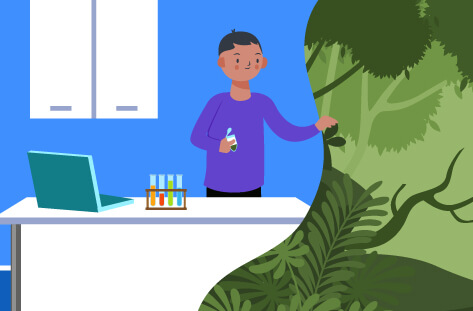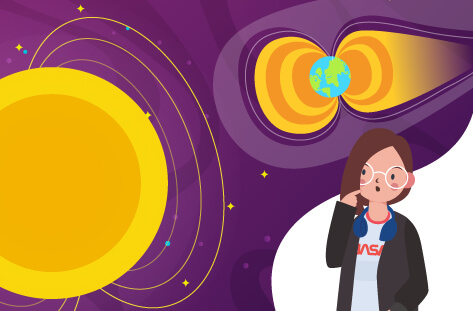

This project is all about DNA, the mystery code that defines all the living organisms that humans could find on our beautiful earth.
In this project you will be the part of a team of biologists who are trying to extract the DNA, which could further help them find more about the life and their origin.
Do you know? Detection of coronavirus and its testing would never be possible without extraction of DNA. DNA could tell us more about coronavirus and help scientists develop vaccinations to save people of this world.
Do you like solving mysteries and ask why all animals look different and why even you look different from your father and mother. This DIY project on DNA extraction is for you.
You will get a set of chemical and experimental tools with which you can set up a mini bio-lab at your home. Most of tools in this kit would help you extract DNA out of fruits, plants, and humans. Also, you will get Makershala App instructions, project credentials, experiment guides, safety instructions, anti-spill goggles, safety gloves, and worksheets that would help you solve biological mysteries like a bio-scientist.
.jpg)
.jpg)
.jpg)
.jpg)
.jpg)
.jpg)
.jpg)
.jpg)
.jpg)









